Howard Zinn, Barack Obama, ML King, and Wind Turbine Syndrome: Their Common Ground
Feb 3, 2010
—Calvin Luther Martin, PhD, Associate Professor of History (retired), Rutgers University
January 30, 2010
Howard Zinn (1922-2010) died this week. A tremendous loss to democracy. (Watch this interview with Bill Moyers.)
As a scholar (Zinn was a professor at Boston University), Zinn emphasized that change comes from the grassroots up, not the reverse. Change happens only when there’s disobedience to corporate gridlock. Which is of course what the American Revolution and Constitution were about.
“Corporate,” remember, applies to any group of people who organize and maintain an exclusive and privileged system of belief and conduct. This includes a religion and its adherents, a government, a corporate industry, or even an academic institution.
Zinn took the point further. He was at pains to point out that we should not elect people to public office, then blithely expect them to fix the current state of affairs—then get irate when they don’t and can’t. Think of the 19th-century anti-slavery movement that fired up Abraham Lincoln, or populism at the turn of the 20th century that fired up Theodore Roosevelt. Recall the wilderness appreciation movement of the late 19th/early 20th century. Or trade unions and women’s right to vote. Environmentalism and the anti-war movement in the 60s and early 70s. And of course African-American civil rights. In each instance, legislation followed tumultuous civil action, oftentimes civil disobedience–which is different, by the way, from anarchy or terrorism.
Civil action is both a First Amendment right and obligation. Anarchy and terrorism are neither a right nor obligation. Read Thoreau, “Civil Disobedience” (1849).
President Barack Obama declares he wants to change the way Washington does business. This message came across loud and clear in his State of the Union speech this week. Lobbyists have a hammerlock on Congress and state governments. That chokehold just got firmer with the US Supreme Court decision to allow unlimited campaign contributions from lobbyists. The court majority argued it’s a matter of free speech (First Amendment). (With this, the court confirms the standing joke, money talks.)
“The corporate grip on opinion in the United States is one of the wonders of the Western World. No First World country has ever managed to eliminate so entirely from its media all objectivity—much less dissent” (Gore Vidal, 1991).
Don’t expect Obama to change the way Washington does business with Wall Street-financed Big Wind. He can’t on his own. As history demonstrates, reminds Zinn, this is not how change comes to pass. When Corporate Wind descends upon your community, it’s you, reader, who must take this completely unregulated Goliath in hand.
Those who have experienced the Big Wind onslaught on their community know what I’m talking about. You very soon realized you were not going to stop the wind developers with public meetings or with real evidence. The meetings, you discovered, were a charade. By the time the meeting was called, the fix was already in, the deal bought and paid for.
Corporate Wind hires shills (physicists, acousticians, and corporate-sponsored physicians) to write phony reports on health and noise and environmental impact. And with these sham studies they bury your town board in paper. Yards of it. One witnesses the same pattern the world over, as though Big Wind follows a global script. Many of you have discovered this.
In your despair, remember the stone wall Dr. Martin Luther King experienced when he agitated for black voting rights and the end of job discrimination and harassment. King had plenty of sociological and economic and constitutional and statutory and even theological evidence in his briefcase—not unlike the evidence you have presented to your town board about Wind Turbine Syndrome.
Yet King realized his evidence was going nowhere until he showed Alabama and the nation and US Attorney General and Congress: “Ladies and gentlemen, we are all going to take my evidence of racism and Jim Crow and lynching and economic and political harassment and general disfranchisement very seriously, okay? And to drive home my point that you whities are gonna take the evidence seriously, we colored folks are gonna get in your face until you take us seriously.”
He called it “direct action.”
“The purpose of our direct action program is to create a situation so crisis-packed that it will inevitably open the door to negotiation. . . . Indeed, this is the very purpose of direct action. . . . It seeks so to dramatize the issue that it can no longer be ignored. . . . My citing the creation of tension as part of the work of the nonviolent resister may sound rather shocking. But I must confess that I am not afraid of the word ‘tension.’ I have earnestly opposed violent tension, but there is a type of constructive, nonviolent tension which is necessary for growth” (M.L. King, Letter from the Birmingham Jail).
No government will take seriously any of your marvelous evidence (including common sense) about the need for proper turbine setbacks until—like King—you demonstrate they are going to have to take your evidence seriously.
The operative word is demonstrate. This is not done by reason or argument or sense of fairness or justice. Sorry to disillusion you, and sorry to shoot down one of the cornerstones of modern liberal thought: that “the truth will set you free” and “reason prevails over ignorance.” Gandhi, Nelson Mandela, Martin Luther King all knew the vital word in their struggle was demonstrate.
Here is exactly what I mean by demonstrate. Signs, placards, banners, handbills, marches, picketing, shutting down public meetings both large and small and both high falutin’ and low falutin’, shouting matches, getting arrested for refusing to shut up and sit down.
As Rosa Parks did when she ignited the Civil Rights movement: You need to refuse to give up your seat to the wind salesman on the bus.
Here is exactly what I don’t mean: breaking the law. Nor am I advocating violence. (I detest violence. For me, violence is not only illegal, it’s abhorrent, it’s inelegant, and nothing can be stupider. It accomplishes nothing good. Ever. I say this as a prize-winning historian, see below. I stand with Gandhi and M.L. King on this matter. My sympathies lie with Quakers, not jihadists.)
I believe in working within the system, and the system includes the Bill of Rights in the US Constitution. “Congress shall make no law . . . abridging the freedom of speech, or of the press; or the right of the people peaceably to assemble, and to petition the government for a redress of grievances.”
The wind developers and their shills? You will never convince them. Don’t make the mistake of imagining them to be your audience, and don’t argue with them. Cut them out of the discourse. The people you need to impress with your nonviolent tension are not the developers; it’s the lawmakers.
(Incidentally, stop going to meetings and asking questions. Problem is, you’re asking questions of the wind salesmen. This is akin to the hens asking questions of the foxes who are about to devour the occupants of that henhouse. Secondly, stop expressing your “concerns” at meetings. Weenie word. Your biggest rhetorical enemy in this fight for proper setbacks is this word, concerns. Drop it! The media loves to describe you as concerned. “The hens expressed their concerns to the foxes.” Dispense with “concerned” and start getting angry and defiant. Stop asking the developers questions and start informing them of the fact they and their monster turbines and substations are not welcome in your backyard.)
And the media? As many of you have learned to your dismay, they’re merely stenographers for the wind developers.
“The only way that democracy can be made bearable is by developing and cherishing a class of men sufficiently honest and disinterested to challenge the prevailing quacks. No such class has ever appeared in strength in the United States. Thus, the business of harassing the quacks devolves upon the newspapers. When they fail in their duty, which is usually, we are at the quacks’ mercy” (H.L. Mencken, in “Minority Report”).
You’ve got your facts, your figures, your data. Perhaps even your copy of Pierpont’s “Wind Turbine Syndrome” in hand. What you don’t have is constructive, nonviolent tension. Till you do, your facts are valueless. King knew his facts (my Lord, he even had the law on this side!) were worthless till he began marching and picketing and getting in their face.
Whether you call it civil disobedience or direct action, I suggest that before you begin, check with your local police department and find out the local regulations on peaceful demonstration. (Matters like not blocking public access, not blocking automobile traffic, etc.) If you need a permit, get one.
Police and the courts are not your enemy. Police, the law, and the courts are not the issue; the issue is demonstrating to lawmakers that your evidence and your plight must be taken seriously.
Second, when elections come round in November, it is essential you run anti-wind candidates for town board, county legislature, state senator, etc. But mostly town board. Work within the electoral process: it works! To elect these people means you’re going to have to do a lot of leg work and advertising. Lots of door to door. Pamphlets. Leaflets. Public meetings to meet the candidates. It works.
Many people seem to think the wind onslaught doesn’t call for such measures. People are being driven from homes and made ill, besides—and there are some who condemn these efforts “to petition the government for a redress of grievances” as excessive. They are wrong; the meetings are a mockery of democracy and public consultation and decision-making. History clearly argues they need to be legally obstructed to the point where they can’t function.
Corporate gridlock unravels only by civil disobedience.
Best of all, get arrested. Before TV cameras. It is not illegal to get arrested, nor is it shameful when the Bill of Rights is the issue. Arrested. Hundreds of you. Old ladies, ministers, college professors and deans, doctors. Little kids, too. Then watch to see how the county commissioners and the conniving lawyers—watch how they come around. It’s miraculous how they change.
Corporate Wind is being given a free pass to destroy communities and lives and homes and health. Pretend these people are Martians, with little antennae and a mother ship parked somewhere, and they’re taking over your community. (When you survey an operating windplant, the analogy is not far-fetched.) What would you do then? Still discuss the matter politely with your county commissioners and health commissioner and department of environmental conservation and town board? Still “follow the usual channels”?
Hell no! You’d take to the barricades and the streets and shout, “Hey, wake up! We’ve been invaded!”
I repeat, what doesn’t work is polite discourse. Nor do letters to politicians berating them for not doing “their job.” Their job! Their job? Their job, dear reader, is to promote big business and big ideas and panaceas. That’s their job. To think otherwise is naïve. Your job is to break corporate-government liplock. When one speaks for the other, when their agendas are interchangeable, when CEO’s shuttle back and forth between cabinet office and Wall Street office—it’s time to change the doorlocks. Time for civil action.
Politicians hate public demonstrations. They hate marches and banners and slogans and placards and picketing. The television crew arrives with cameras rolling, the klieg lights suddenly switch on—and the town board, minister of the environment, county commissioner, state senator—writhe.
Consider the homes of scores of people described in these pages. They’re worthless. Toxic. Consider Barbara Ashbee. She’s a realtor; she knows better than I that she could not give away her home. Nor can she bear to live in it. She’s now in the horrible world of the d’Entremonts: Abandonment.
Abandon your home: that’s really the only option for many people, isn’t it? Or get bought out by the so-called developer, which, by the way, is what eventually happened to Barbara and her husband, who then had to sign a gag agreement. (Isn’t there a more appropriate name for people who do this to you?)
Corporate Wind picks you off, one town at a time. Like shooting fish in a barrel. Don’t think Obama can stop this. He’s a reformer, yes, but he can’t tame corporate Goliaths like Big Wind without your direct action. Democracy is more than the right to vote; it includes the obligation to disobey when life, liberty, and the pursuit of happiness are being systematically denied. Loss of home and health (aka Wind Turbine Syndrome) qualifies under this clause.
You have the Bill of Rights at your disposal—the same constitutional right being used by Wall Street Wind lobbyists to buy Congress with campaign donations. You must exercise the very same First Amendment right with equal fervor to insist—not beg—insist on proper, clinically-demonstrated setbacks for their infrasound, low frequency noise, shadow-strobing turbines.
Besides having the First Amendment on your side, you happen to have truth on your side. (That, in itself, is an inconvenient truth for Big Wind.) If truth is going to mean anything more than a vacuous slogan, you must stand up for it at those sham meetings—and refuse to have real, genuine, honest-to-God democracy gaveled down.
Howard Zinn died, yet the People’s History of the United States continues. By you and me.
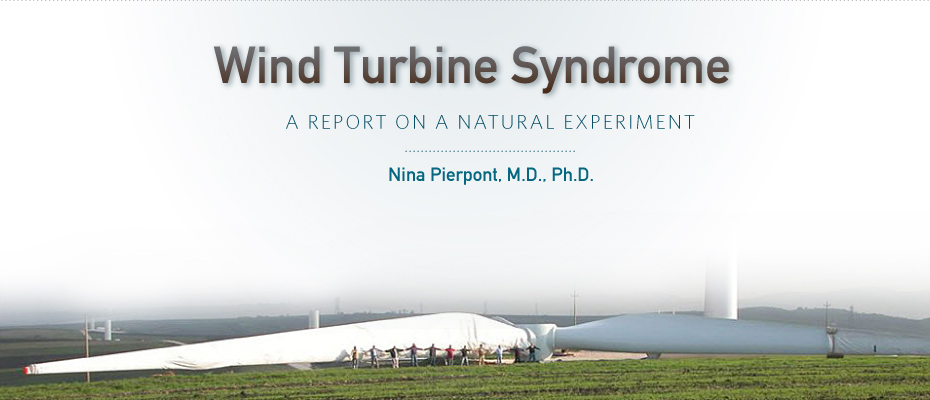


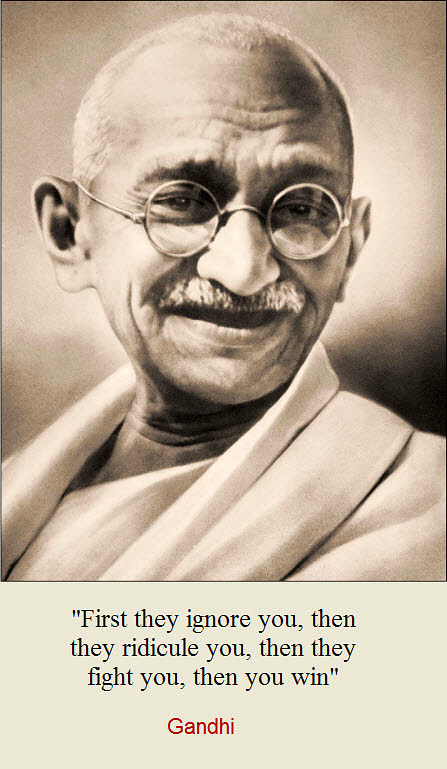
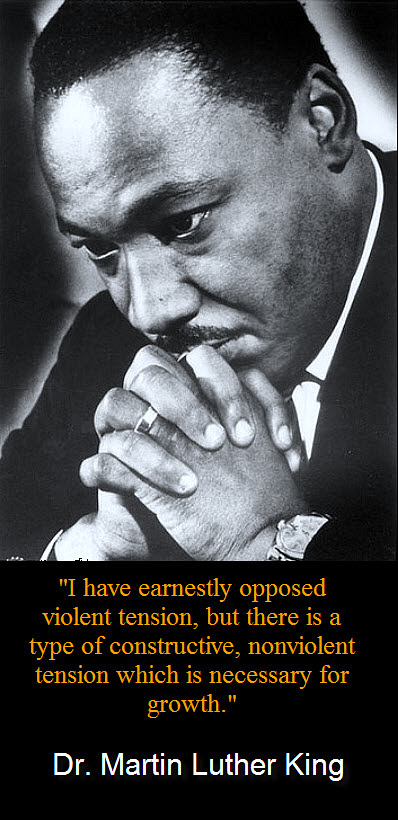





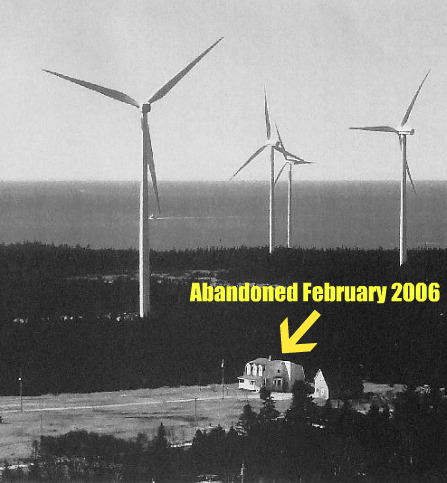
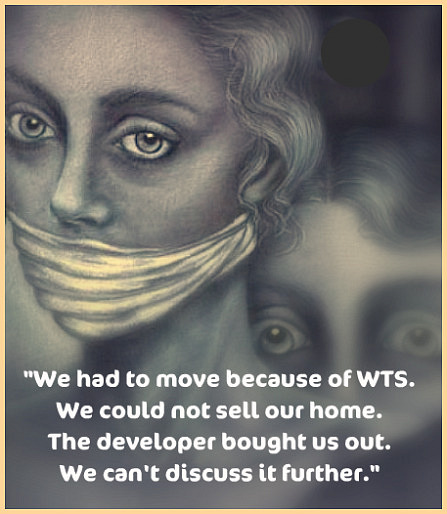


Comment by Bob on 01/31/2010 at 4:50 pm
Amen!
Comment by Harrison Roper on 01/31/2010 at 7:04 pm
Dear Dr. Martin and Dr. Pierpont – thank you for your work. I have both of your books and I just loaned my copy of Wind Turbine Syndrome to our local State Legislator.
My wife and I have camp property 1.5 miles from Stetson II in Maine, and when we visit there we have a broad sunset view that is now dominated not only by Mt. Kathdin and the lake but by eleven of the sixteen 1.5 MW GE First Wind turbines on Jimmey Ridge. First Wind’s Stetson I and II is a “farm” of 54 of those towering monsters, all within 10 miles of our property.
Will they be annoyingly noisy, keep us awake at night, and make us (or our neighbors) sick? Nobody knows. Maine state regulations currently recognize only dBA, not dBC. Noise from wind turbines ia a big issue now in Maine. See Mars Hill, Vinalhaven (Fox Island Wind) and Freedom for some of the complaints.
LURC, the regulatory body, has ordered a year of full-spectrum sound testing which will include dBC. This testing (not modeling) will begin when Stetson II is operating. Maybe that will be too late for us -we feel like guinea pigs.
Harrison Roper – Houlton, ME